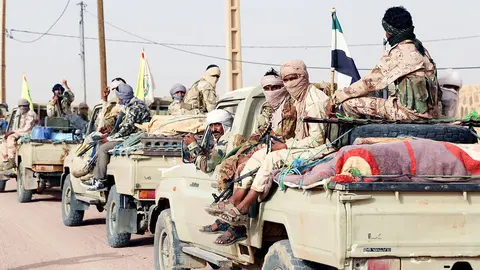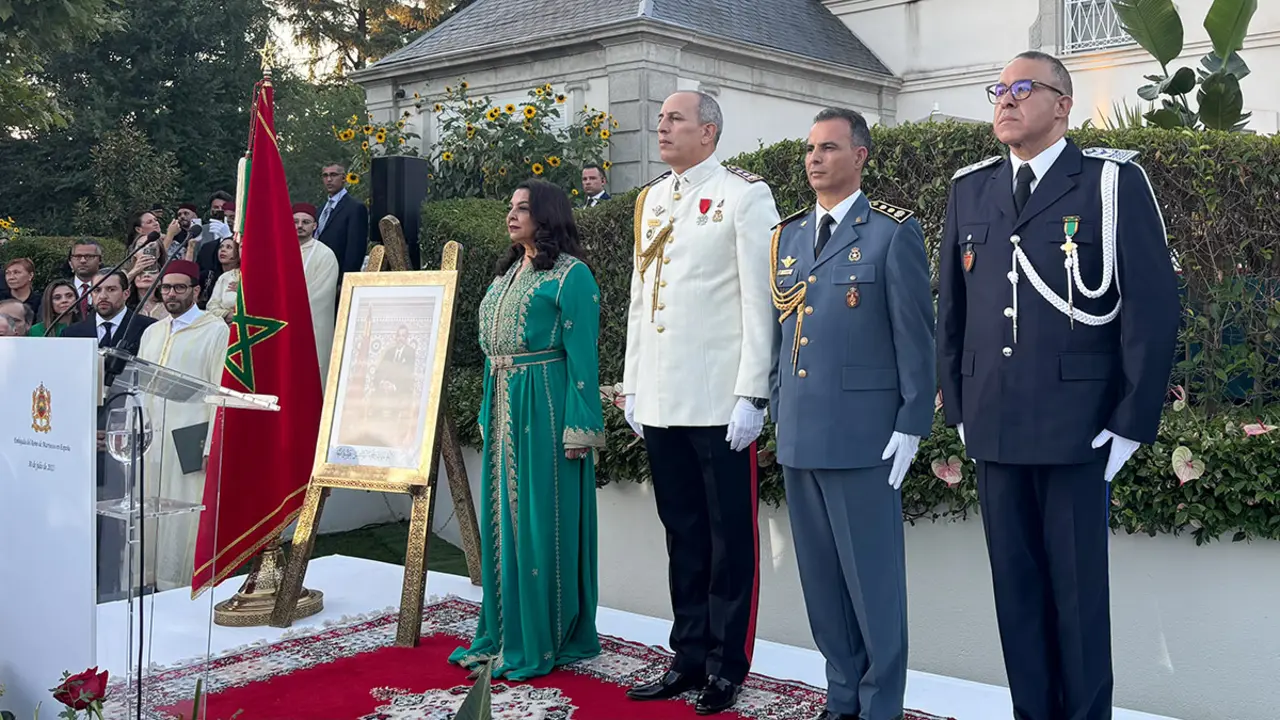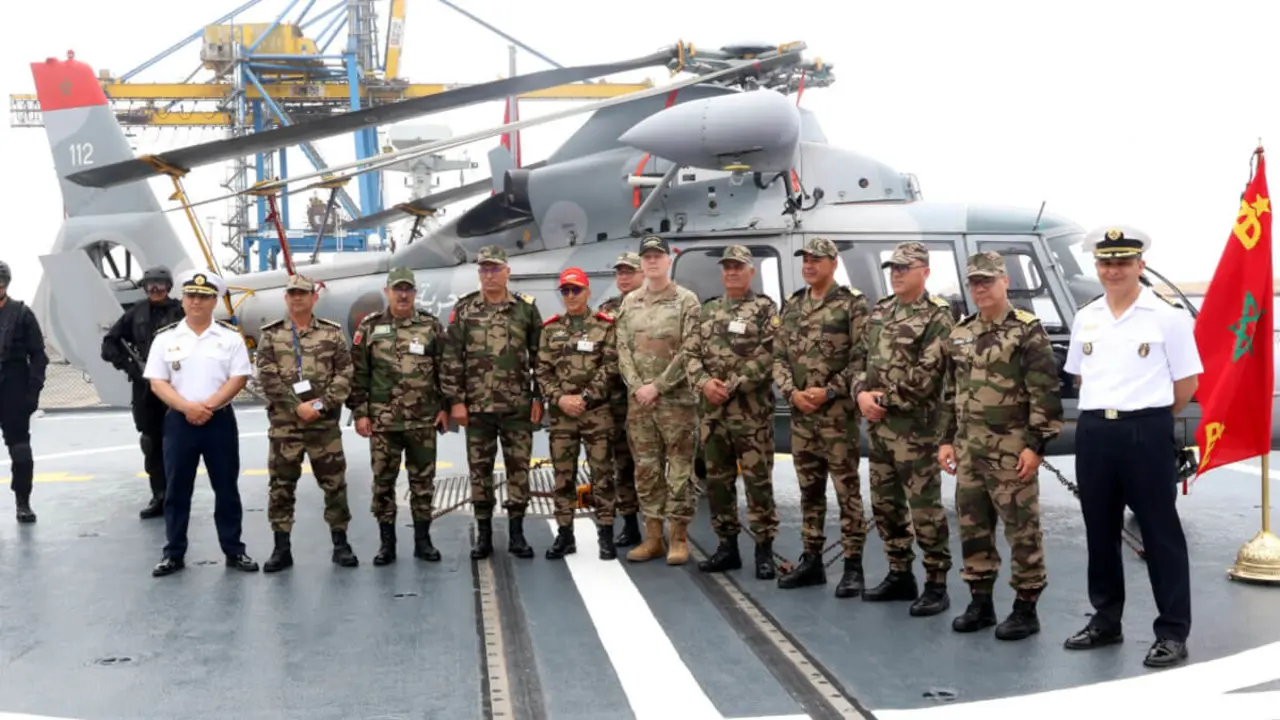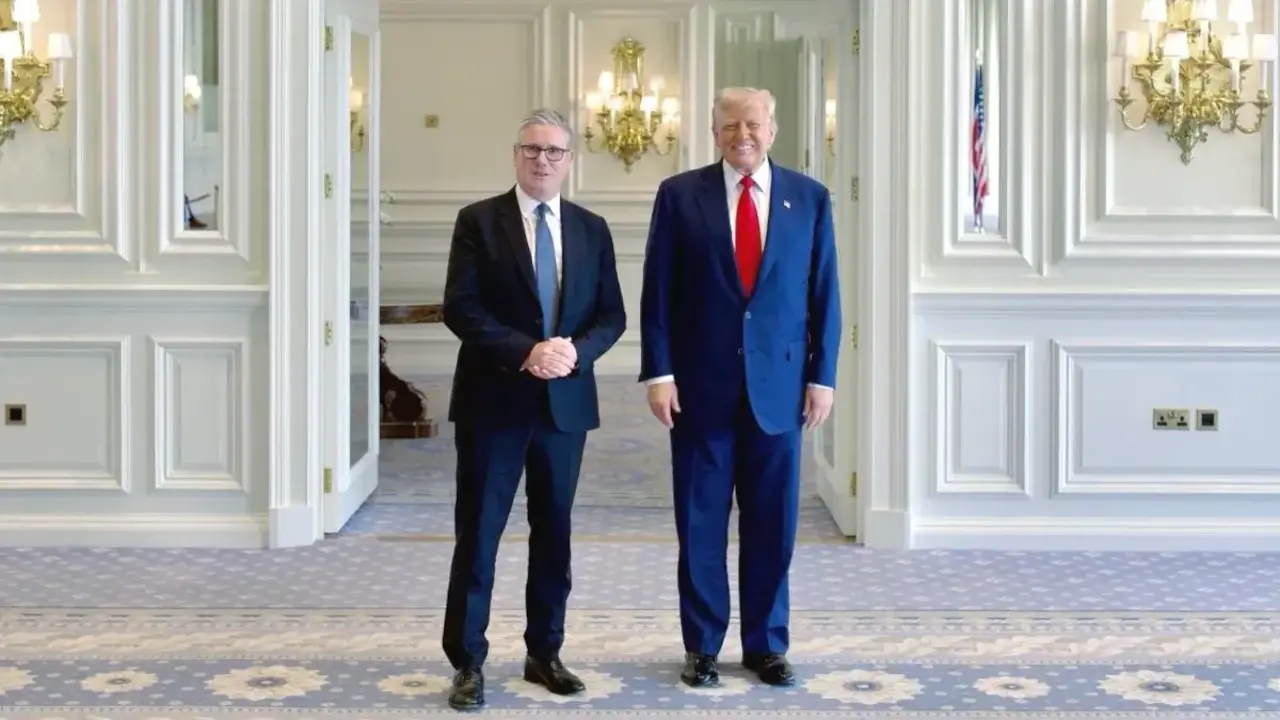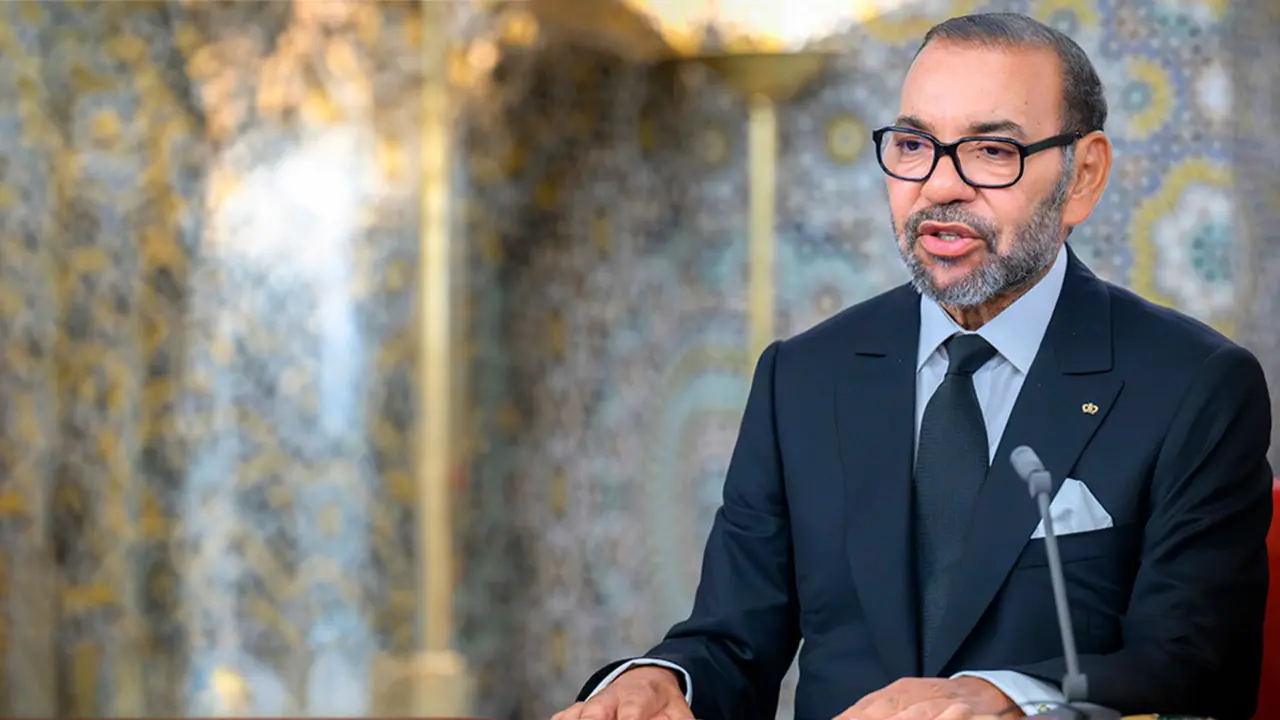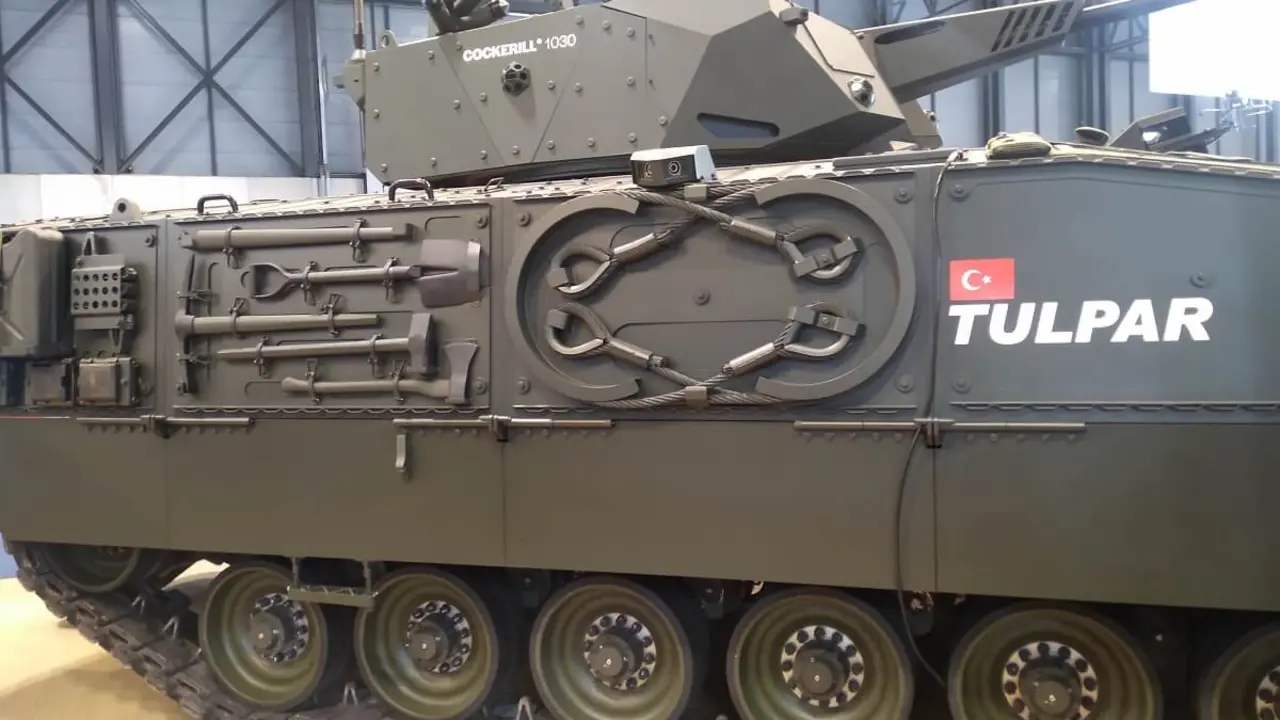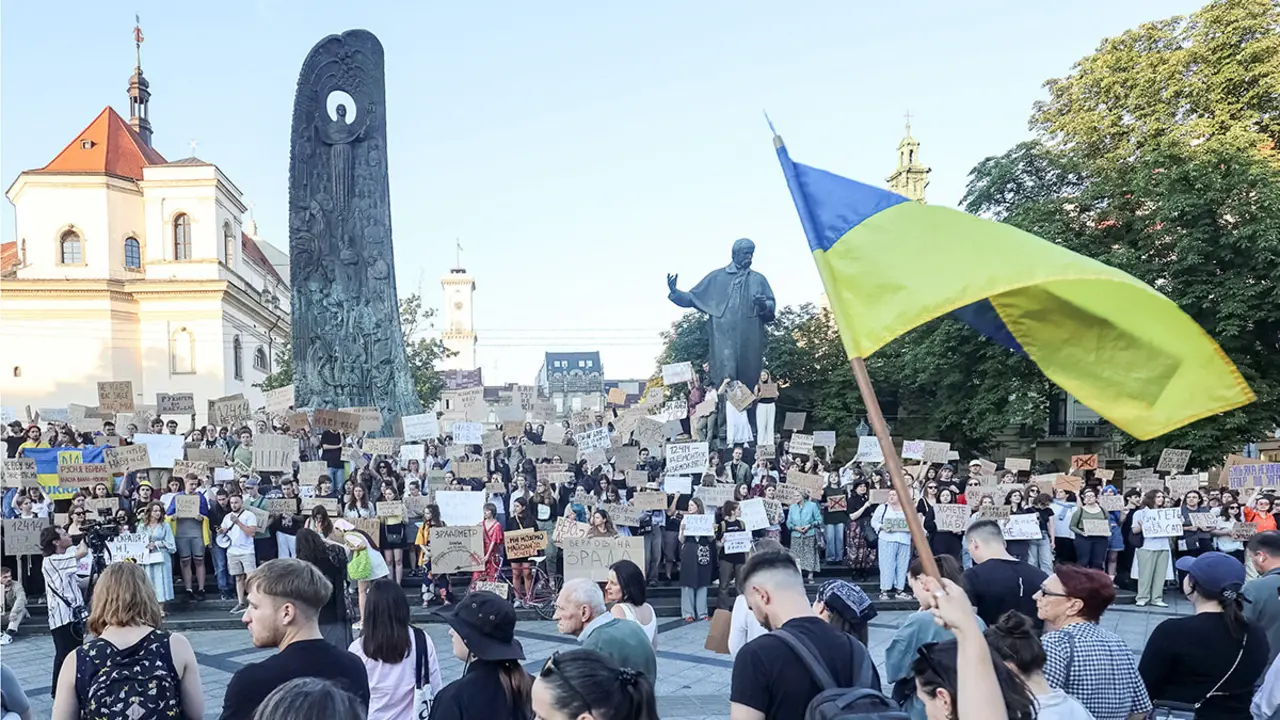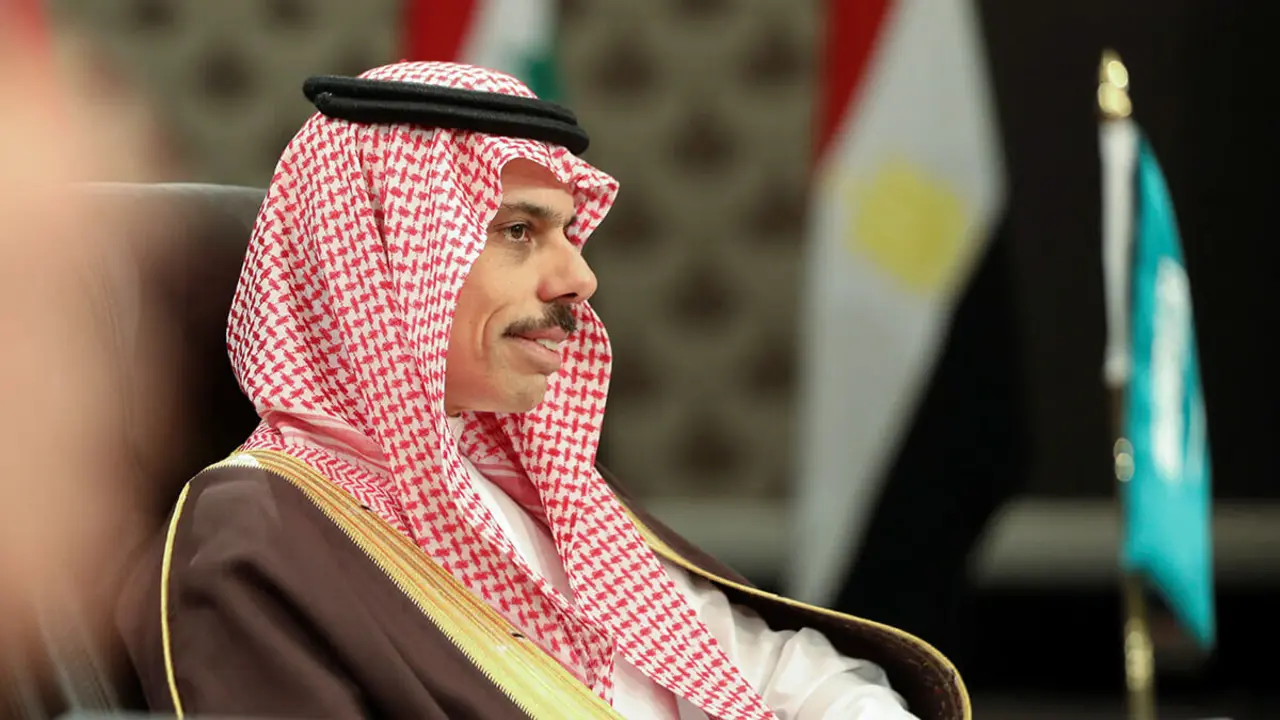Algeria fears internal fallout from the spread of the Tuareg rebellion in northern Mali
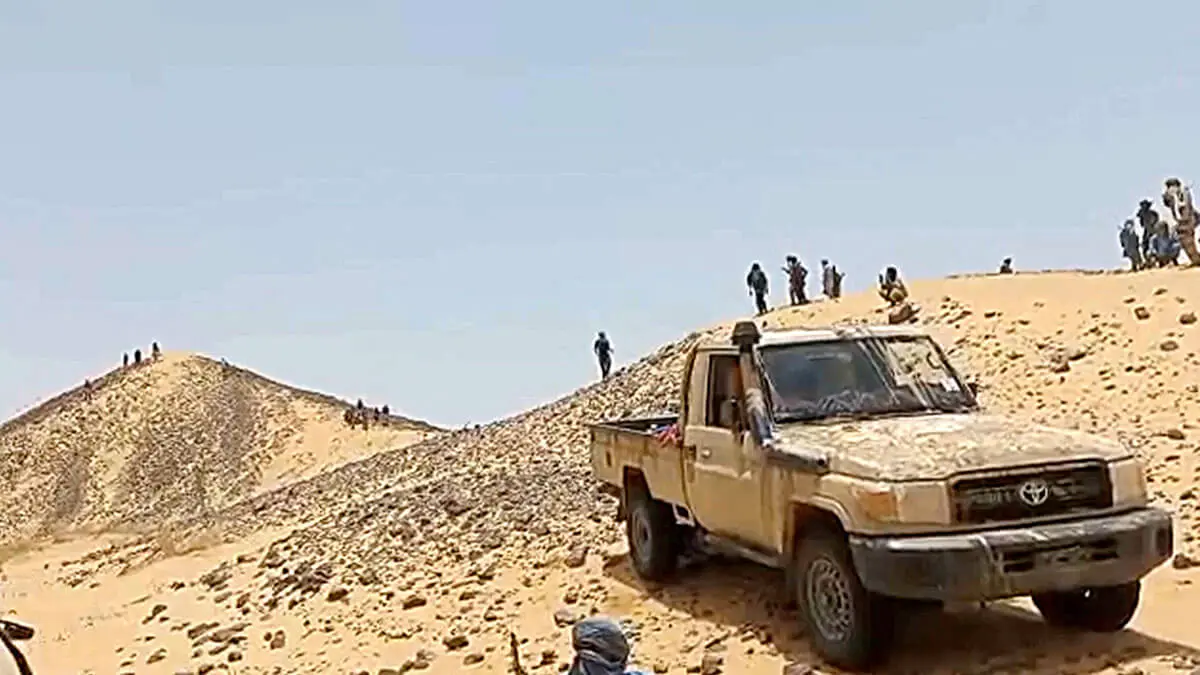
Tensions between Algeria and Mali are rising over the ongoing Tuareg rebellion in northern Mali, as Algiers fears that this revolt will inspire other ethnic minorities in Algeria to fight for autonomy and put national security at risk.
Algeria supports a negotiated settlement that addresses the rebels' demands and builds on the 2015 peace agreement, while Mali's ruling military junta prefers a military response.
Relations between the two countries have been deteriorating in recent months after the Malian military junta accused Algeria of interfering in its internal affairs by meeting with the rebels.
Although the two countries do not currently have diplomatic relations, Algeria has in the past led efforts to broker peace between Malian leaders and Tuareg groups. This mediation led to the 2015 Algiers Accords between the former Malian government and the Coordination of Tuareg Movements in Azawad.
‘Algeria strongly supported the 2015 peace agreement and attempted to salvage the agreement in December 2023 due to fears that renewed hostilities in Mali would mobilise the Tuareg population in Algeria and cause refugees to flee there,’ notes analyst Liam Carr at the Institute for the Study of War.
In addition to the displacement of thousands of people into Algerian territory - with its attendant burdens in terms of housing and services - Algiers' main concern relates to the emergence of separatist tendencies among Algeria's Tuareg.
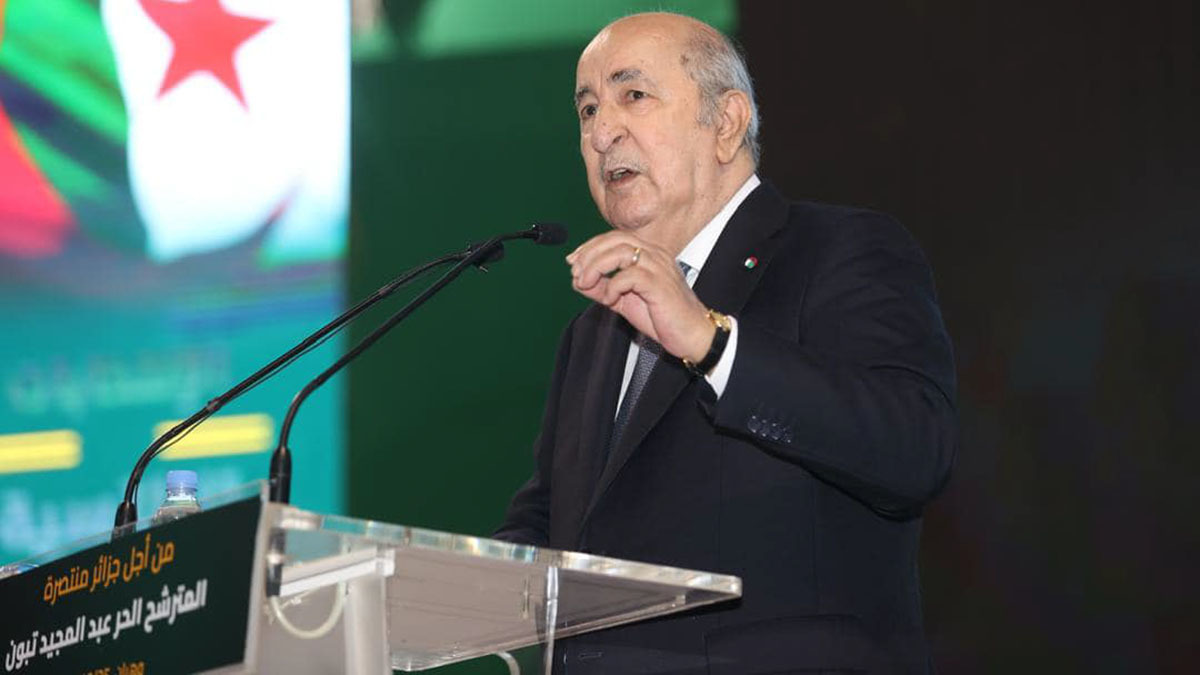
Mali, for its part, has accused Algeria of backing the rebels. In January 2024, the military junta ended Mali's participation in the Algiers Agreements while intensifying its attacks on the Tuareg.
Last July, the Malian army, supported by Russian mercenaries, was ambushed by Tuareg rebels on its way to attack the Malian side of Tinzaoutin, a town on the border with Algeria. The ambush killed dozens of Malian soldiers and Russian mercenaries.
‘The ambush brought Algeria's security concerns to the fore, revealing the fragility of its borders and the depth of its diplomatic dilemma over how to confront Russian-backed forces in the Sahel without jeopardising its crucial relationship with Moscow,’ says Carr.
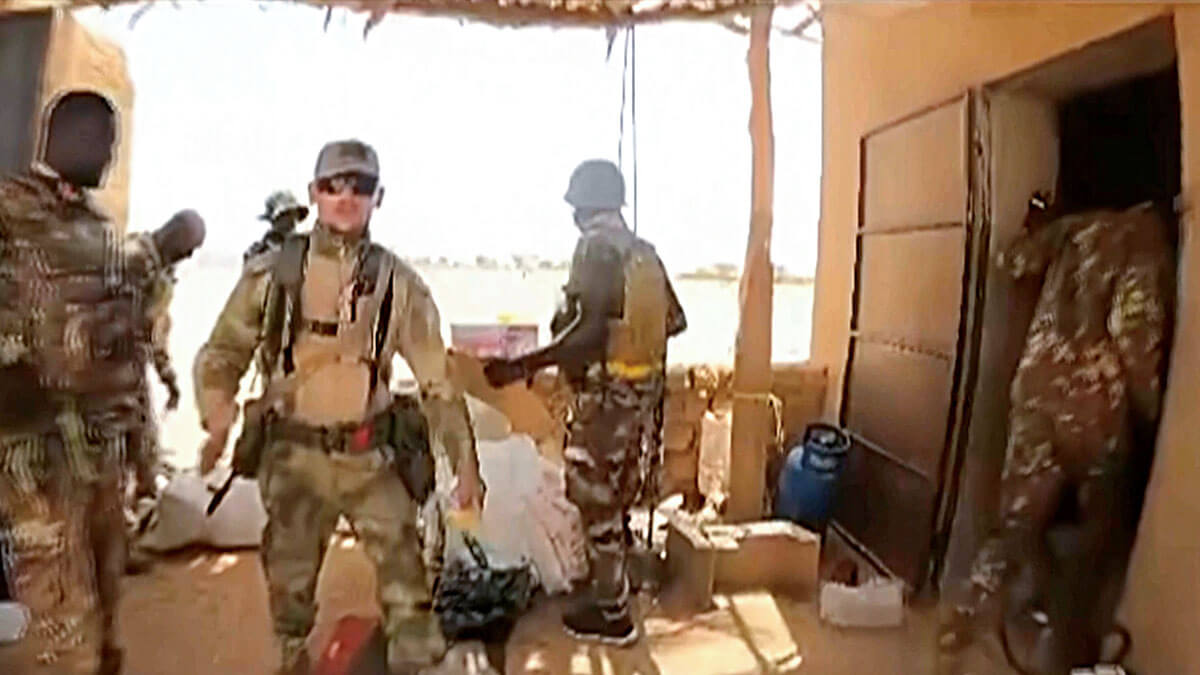
Mali and its Russian allies followed up a month later with a drone strike on a community that killed 20 civilians and led to a diplomatic war between Algeria and Mali at the United Nations.
Tinzaoutin has been a base for both Tuareg rebels and the Nasr al-Islam wal Muslimin Group, al-Qaeda's Sahel branch, since both groups drove out the Malian army in 2012.
Despite the strong ties, Algeria called on the UN to demand an end to the presence of Russian mercenaries in Mali. However, Moscow is unlikely to withdraw them, as they have become an important tool for exerting influence in the Sahel.

‘Mali is a vital part of the Kremlin's strategic ambitions in Africa. Mali is also a crucial partner for Russia's broader political project in the Sahel region,’ adds Carr.
According to observers, Moscow's continued support for Mali may strain its relations with Algeria, which faces the delicate task of balancing its crucial partnership with Russia while considering whether a military intervention in Mali is necessary to protect its interests.

